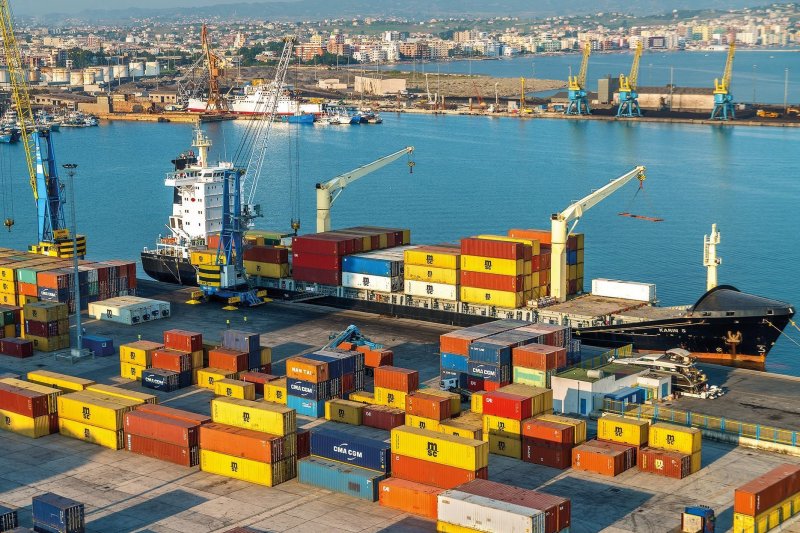69 Alert Cases for Albanian Exports in 2019-25
In 5 years, respectively in the period 2019 to April 2025, the EU's RASFF system for food safety control (Rapid Alert System for Food and Feed) has issued 69 alert cases for Albanian exports.
The export products that have resulted in problems are fruit and vegetables, medicinal plants, and fish products, Monitor reported on Sunday.
Specifically for Albania, out of 69 total alert cases identified in the system, it results that 26 have been classified as "serious"; 9 cases as "potentially serious"; 13 with "potential risk"; 8 cases as "no decision" and 13 of them "no risk".
19 cases categorized with "serious", "potential risk" and "potentially serious" alerts are for the export of fruit and vegetables. 9 of them are for medicinal plants, and spices and 6 of them are for the category of export products “fish and fish products”, for the presence of histamine above the limits in anchovy oil or for poor temperature control of frozen fish.
For the Ministry of Agriculture and Rural Development, the reporting of cases of pesticide residues in exports by the EU rapid system is assessed as low compared to the amount of exports.
“For the year 2024, there are only 4 shipments reported with pesticide residues originating from Albania for 947 exported shipments. Meanwhile, for the first 3 months of 2025, out of 354 exported shipments, only one shipment resulted with pesticide residues,” the ministry has said.
The use of pesticides above the norm is worrying for experts, not only for export products but also for those sold on the domestic market. Granit Sokolaj from the "Alert" center says that the increase in cases of farmers using pesticides above the allowed rate is influenced by informality. The lack of frequent inspections at veterinary pharmacies is also a problem.
"The National Veterinary and Plant Protection Authority tries to control the products, as much as human capacity it has, but the problem remains the Extension Service (advisory), the maintenance of the farm register by farmers, or the fact that even when they keep it, they do not reflect in it the protocols as they have followed. And of course, they do not write in them the prohibited Plant Protection Products that they may have used. The control of agricultural pharmacies remains a worrying problem. The same goes for veterinary pharmacies," the expert said.
According to him, the number of cases of prosecution of farmers who use prohibited pesticides is low compared to the problematic cases. “Until a month or two ago, the National Veterinary and Plant Protection Authority did not have the legal right to inspect. Recently, it has also started imposing penalties on farms when non-implementation of protocols has been noticed. The Food Authority (AKU) cannot penalize the farmer, but does this through the National Veterinary and Plant Protection Authority.”
On the other hand, in 2024, Albania notified 3 cases of pesticide residues for products imported from EU countries to Albania and 8 cases for the first 3 months of 2025.
Regarding imports to Albania, the most frequent cases are those with pesticide residues for shipments coming mainly from Greece and Italy.
“These are cases found by the AKU during official controls and referred to RASFF. Other cases are isolated and are not repeated cases that pose a problem for imports and management of these cases,” said the Ministry of Agriculture.
From 2022, farmers are required to keep a register of the use of plant protection products, or as they are otherwise called, pesticides. In addition to the obligation to keep a register, they are trained and oriented with the relevant calendars for the time of pesticide use, but also with the establishment of veterinary pharmacies licensed for the marketing of pesticides.













